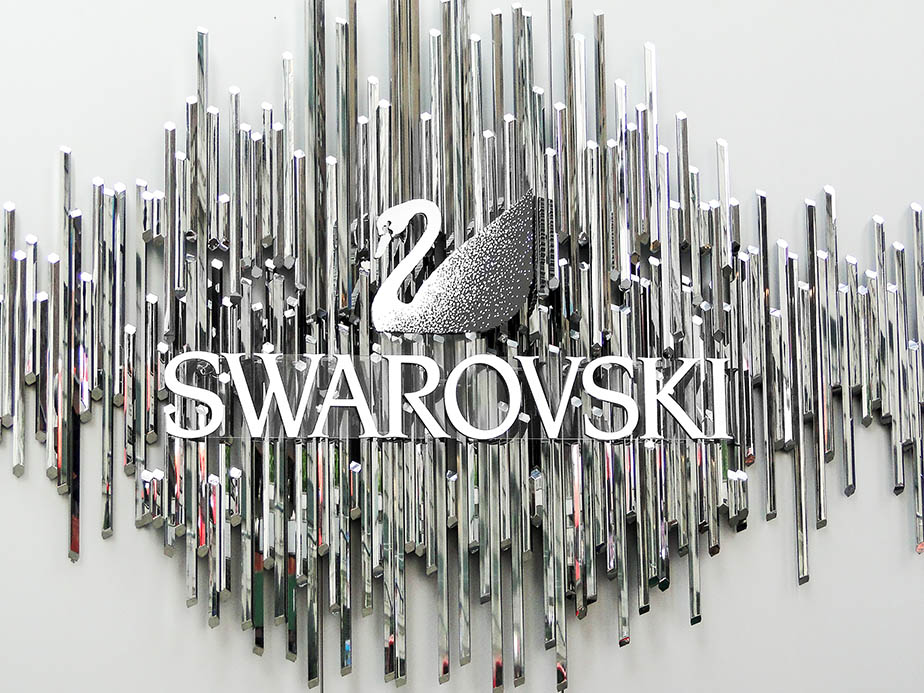
For many shoppers, the online marketplace has been one of the best features of the technological age – you get what you want without travelling to the shops and negotiating the long queues and the arduous effort of getting there. For business owners, it’s a cost-cutting strategy to get their products out without costly overheads.
However, how sure are you that you are not paying more than you think you’ve bargained for? Horror stories of buying fakes and low-standard materials have been seen on posts and other online platforms. So how do we protect ourselves from these possible threats?
It would be very hard to figure out if what you’re buying is the real thing or a triple-A imitation. So we sought out brand maven Barbs Aguirre-Miravalles, the Division General Manager for Fragrances of LUXASIA – the leading omnichannel partner for luxury beauty and lifestyle brands to reach Asia Pacific consumers for some tips to help consumers figure out what they are buying.
Find a reliable source
Most e-commerce platforms have a marketplace where in it is open to all resellers. It is difficult to spot authentic resellers from counterfeit resellers as most would put 100% authentic on their product pages. When in doubt, I recommend shopping at the retailer.com sites or brand.com sites so you can be guaranteed that the products come from the original sources.
Compare and review
It would help to read reviews, but it would still help to compare prices and product details/ specifications from the original brand websites to know what you are buying. Check the source of the products.
Beware of cheap items
Counterfeit items are sold at cheaper prices precisely because the ingredients/materials used to create this is not comparable to the authentic item. We suggest watching Netflix’s ‘Broken’ to understand the danger of counterfeit items. This is dangerous to one’s health, especially for cosmetics and ingestible. If the price is too good to be true, it probably is. You get what you pay for, so the lower money you spend equates to the quality you will receive in return.
To further help our readers, we dug deeper into precautions necessary for doing online purchases courtesy of the Australian Filipina:
Always make your purchases from a secure connection.
After clicking the link to the site, check out the prompt in the address field. It would usually read https://www, but if you read “Not Secure,” then it’s not worth your while.
Create a unique password.
If you keep on forgetting your password, get a secured password keeper like dashlane which keeps all your unique passwords that can be generated by the system or from a story of your life that no one knows about.
Be mindful of the information that you provide the sites
Identity theft is one of the most rampant crimes going around, and giving more information than you have to may just be the biggest mistake you can ever make. Standard information would be information on the payment method, shipping address, telephone number and/or email address. If the merchant asks for more, walk away.
Check the shipping details.
Some merchants charge exorbitant shipping fees that can turn a shopping bargain into an expensive mistake. Look to see if they provide tracking and insurance. Understand what carriers they use, and be particularly cautious if the item won’t be shipped within ten days.
Always remember, before you CLICK & SHOP, STOP & THINK.
Source: The Australian Filipina














